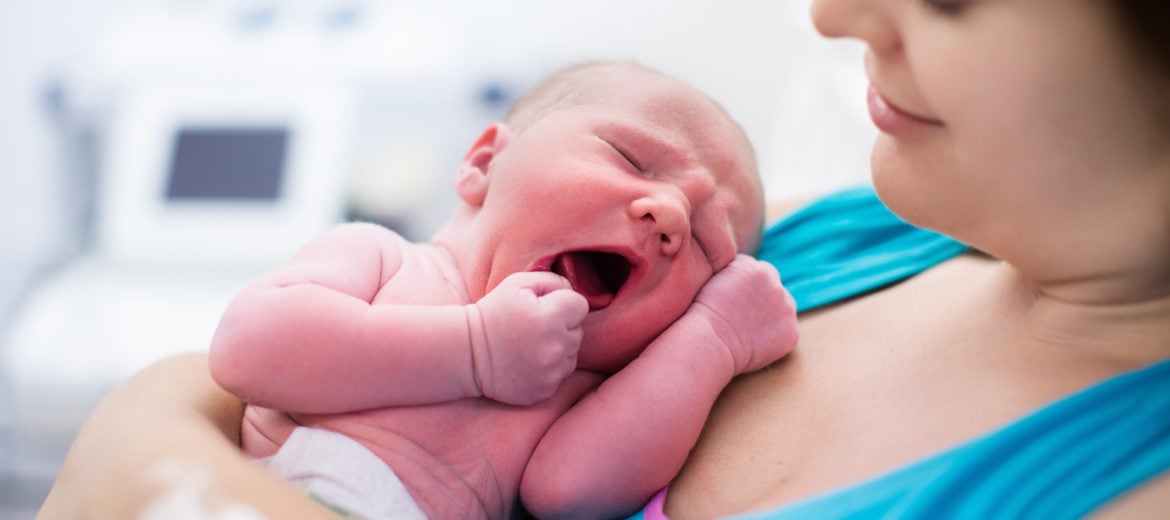Almost all mothers – especially first-time moms – have concerns about postnatal care ranging from their postnatal diet and how to care for their normal delivery stitches to how soon they can start exercising again.
Kruti Desai, a 28 year old first -time mother came across varied opinions from friends and family about the do’s and dont’s after delivery.
“After I brought my baby home, I felt like every person I met had an opinion about how much I should rest, what I should eat, and when I could step outside my house” she says.
Dr Anita Sabherwal acknowledges that the postnatal period and the delivery after care can be confusing for most new parents.
“It’s natural to feel overwhelmed by the unreliable information about postnatal care you find online, what your mother and grandmother tell you and what the doctors have to say.”
Kruti decided to stick to what her doctor had to say.
“My doctor guided me throughout pregnancy and delivery, so I felt like she would be the ideal person to go to for all my doubts around postnatal care” Kruti sums up.
Kruti was advised on the following aspects of after delivery care.
1. Postnatal Care for Normal Delivery Stitches
“If you’ve had an episiotomy, you’ll need to take care of normal delivery stitches you receive after you give birth” says Dr. Anita. “We give some women ice packs immediately after the delivery which help reduce pain and discomfort.”
We recommend sitting in a warm water bath for 10-15 minutes about 2-3 times a day because it helps with relieving the soreness of the perineum after delivery.
Additionally, every time you use the washroom, clean your stitches with warm water and pat yourself dry. You can also use an antiseptic cream to help yourself heal faster.
Kruti followed all the steps above which helped ease her discomfort but she had trouble with sitting cross-legged.
“Sitting cross-legged tends to put pressure on your stitch line. You’ll feel a lot better if you sit with your legs straight out in front of you or hanging down” says Dr Anita.
2. Breast care after Delivery
“Keep your nipples clean to avoid chances of any infection” advises Dr. Anita.
“You should feed your baby frequently to avoid breast engorgement issues (tightening of breasts with milk).”
“Warm compresses with towels can be done if your breasts feel hard and painful. This also helps facilitate the free-flow of milk.”
Kruti wanted to know what to do for the soreness around her nipples.
“You should ensure your baby is latching on correctly to prevent soreness.“
You can also use ghee or over the counter creams to keep your nipples soft.
3. Postnatal Exercise and Postnatal Care
“Postnatal exercises, including Kegels, should be started soon after delivery” says Dr. Anita. “All routine activities that the mother is comfortable with, including walking and climbing stairs, can also be started after a normal delivery.”
Many women find massages to be relaxing and they can also help with easing muscle pain. If you do get a massage, avoid the abdominal area for about four weeks.
4. Postnatal Diet for Lactating Mothers
Kruti was concerned about what her post pregnancy diet should include considering she was breastfeeding now.
Lactating mothers only require an additional 500 calories in their postnatal diet and an additional 25 gms of protein per day.
“These extra nutrients should come from a well-balanced diet rich in fiber, fruits, vegetables and healthy fats” outlines Dr Anita.
Ghee in small quantities is acceptable, but it can cause indigestion and excessive weight gain if taken in larger amounts. Remember to keep yourself well-hydrated.
5. Postnatal Care and Intercourse
Sex may feel painful and uncomfortable for the first few weeks after giving birth, so it’s best avoided until moms feels better.
“We advise new parents to avoid intercourse for four to six weeks to allow the mother to heal completely, in case she’s had stitches for an episiotomy“ clarifies Dr Anita.
Most women, like Kruti, will be able to take care of themselves without any problems requiring medical attention.
However, if you experience fever, excessive vaginal bleeding, severe pain in your stitches, painful urination or a severe pain in your breast, you should contact your healthcare provider.
 This article has been written with Dr. Anita Sabherwal Anand, Consultant, Obstetrician-Gynecologist at Sitaram Bhartia Hospital in South Delhi. Dr. Anita is a highly qualified gynecologist with 20+ years of experience who is trusted by low-risk and high-risk mothers alike for her guidance on having a healthy pregnancy and delivery.
This article has been written with Dr. Anita Sabherwal Anand, Consultant, Obstetrician-Gynecologist at Sitaram Bhartia Hospital in South Delhi. Dr. Anita is a highly qualified gynecologist with 20+ years of experience who is trusted by low-risk and high-risk mothers alike for her guidance on having a healthy pregnancy and delivery.
Seek expert advice from our expert gynaecologist at our hospital located in South Delhi. Come in for an in-person consultation or book a tele-consult. Please call on +91 9871001458 to schedule your appointment.


